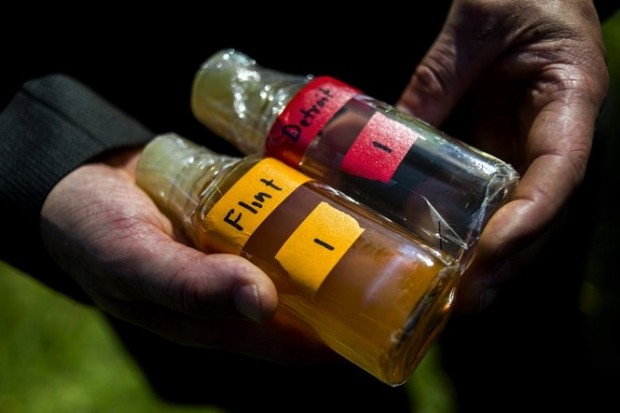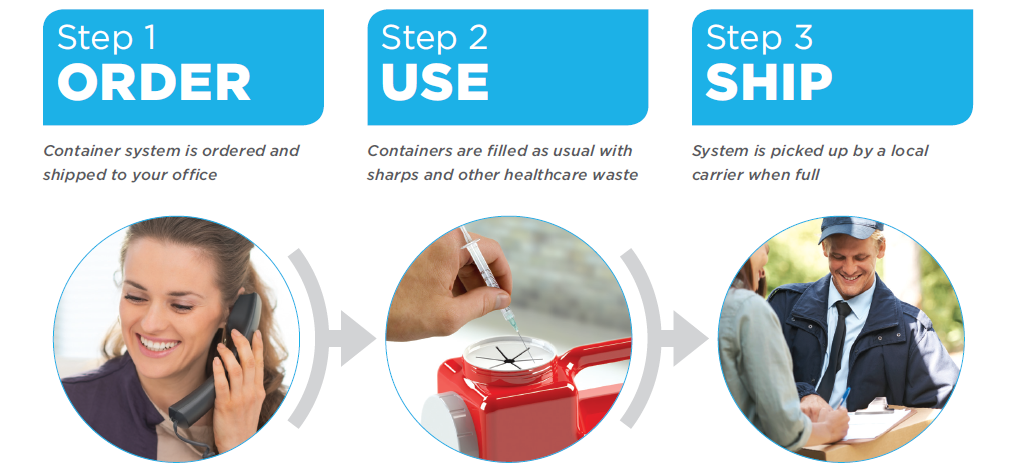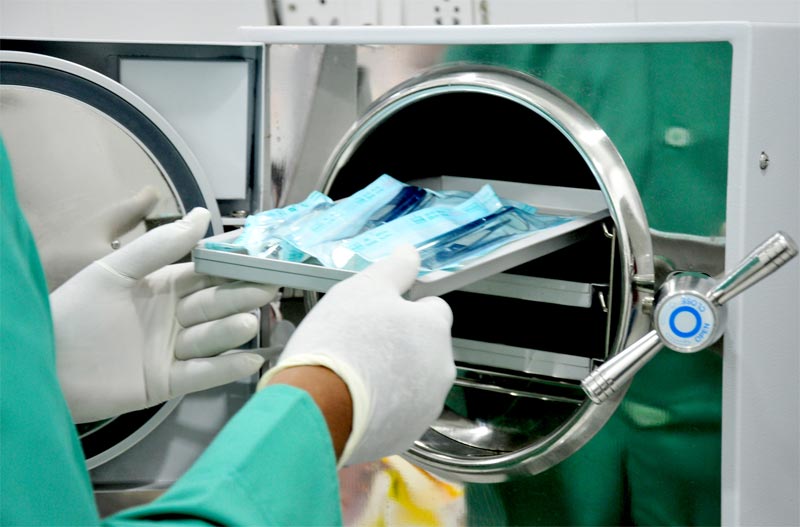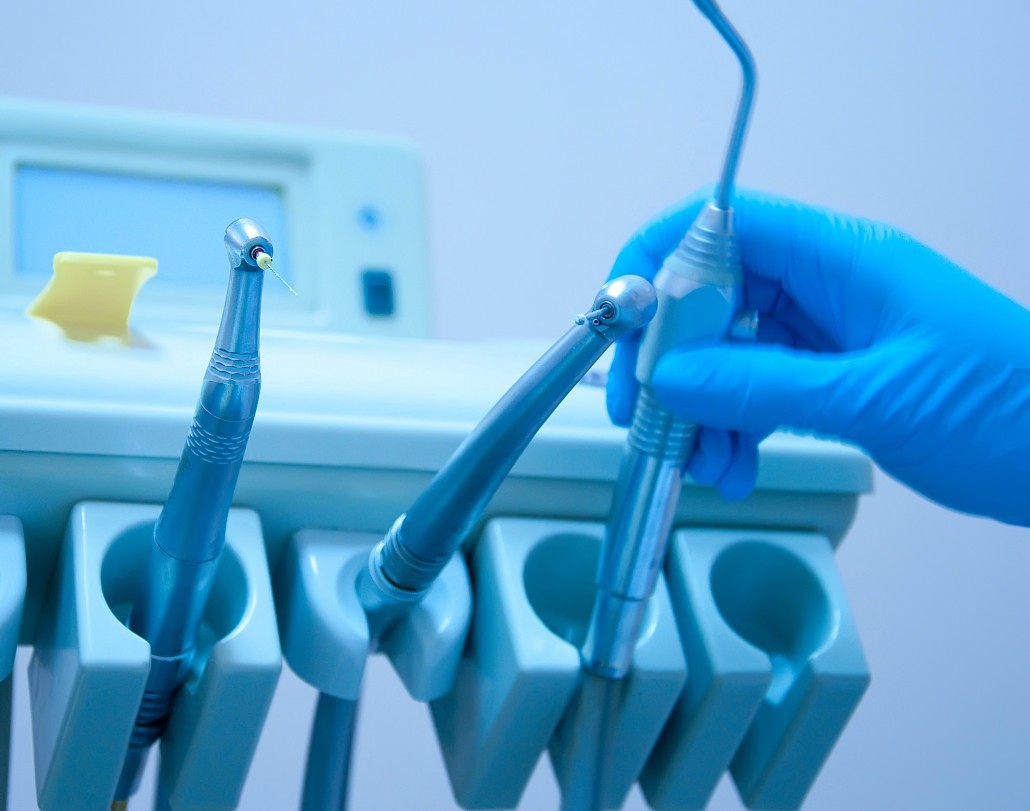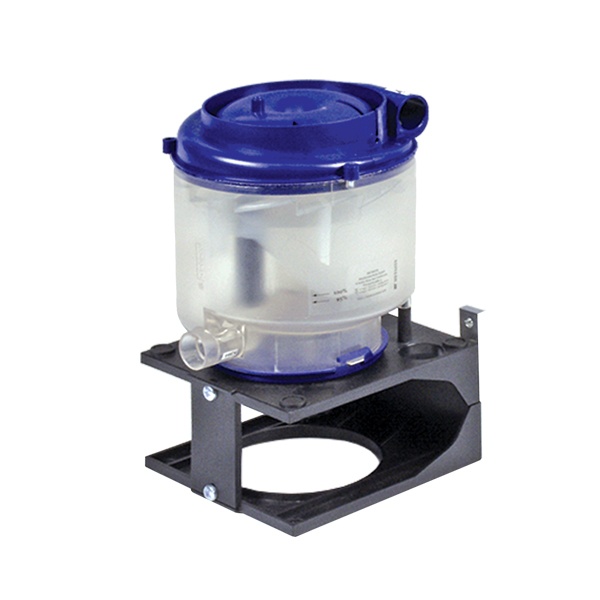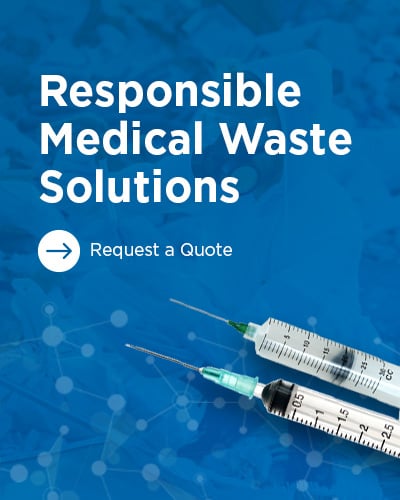For over 150 years and for millions of patients, dentists have been using dental amalgam to fill cavities in teeth. What is dental amalgam? The FDA defines it as: “A mixture of metals, consisting of liquid (elemental) mercury and a powdered alloy composed of silver, tin, and copper. Approximately 50% of dental amalgam is elemental mercury by weight. The chemical properties of elemental mercury allow it to react with and bind ...
EPA FINAL RULE (PRE-PUBLISHED VERSION) Dental Effluent Guidelines (Pre-Published Rule – December 15, 2016)
What’s Happening in Flint Although the crisis in Flint just became public this month, it actually began in April of 2014 when a state employee switched Flint’s water supply from Detroit water to Flint River water in an effort to save money. After the switch, residents noticed that the new water looked, smelled and tasted funny and started experiencing rashes, hair loss and other ailments. Unfortunately, state officials ...
For the first time in 25 years, companies could be paying significantly more for OSHA violations within the workplace. A budget bill President Obama has signed permits OSHA to increase its fines annually based on the consumer price index. Therefore, OSHA would be allowed to make a one-time “catch-up” adjustment that would increase maximum penalty levels by about 80% to make up for the lack of increases since 1990. The ...
Unfortunately, a survey that focused on dental office compliance with infection control guidelines from the Centers for Disease Control and Prevention (CDC) found that guideline implementations was neither complete nor uniform across all practices in the U.S. Over 200,000 copies of the CDC’s Guidelines for Infection Control in Dental Health-Care Settings (2003) were distributed in the U.S.; this document contained updated and ...
Our new Sharps Disposal Systems are cost-effective solutions for the collection and responsible disposal of sharps and regulated medical waste. Our sharps ship-back systems come in sizes ranging from 1.2-gallons up to 28-gallons, and are available as single systems, multi-packs or larger collection systems. These systems are ideal for small quantity generators of waste. Our systems are unique because they have the ability to ...
Keeping patients and staff safe from the risks of cross-contamination and cross-infection hinges on strict compliance with infection control best practices–especially during instrument reprocessing. Unfortunately, many sterilization-related activities that are common in the dental office are not necessarily the correct ones, creating the misconception that the “routine” way and the “right” way are one in the same. Below are ...
In 2011, the dental industry received international attention when an 82 year old Italian woman died from a case of Legionnaire’s disease she contracted during dental treatment—its source traced to contaminated water from dental unit waterline tubing. A Perfect Storm for Biofilm Bacterial biofilm is virtually universal in untreated dental unit waterlines and can begin forming in a new dental unit within days. Although there ...
In addition to infectious diseases and muscle injuries, dental professionals encounter a number of workplace hazards. Dental staff are exposed to toxic chemicals throughout the day, including those found in products used to clean and disinfect instruments and surfaces. Long-term exposure can increase the risk for developing life-threatening diseases and allergies, which is why it’s important to take the necessary precautions ...
Amalgam Recycling in North America Dental amalgam has been used to fill cavities for more than 150 years, and even if you are not placing amalgam, many dentists are removing old, degraded amalgam that must go somewhere. Where exactly does that amalgam go? Straight to the publicly owned treatment works (POTWs). Did you know that dental offices are responsible for approximately 50% of the mercury waste that is received by ...
Category
- sharps disposal (30)
- Medical Waste (28)
- sharps container disposal (25)
- Compliance (20)
- sharps mail back (19)
- Pharmaceutical Waste Disposal (14)
- Infection Control (13)
- Dental Practice (12)
- Safety (12)
- biohazardous waste disposal (11)
- OSHA (9)
- Hazardous Waste (8)
- amalgam disposal (8)
- patient support programs (8)
- Universal Waste (7)
- amalgam separators (6)
- vet sharps disposal (6)
- Hazardous Waste Disposal (5)
- amalgam recycling (5)
- dental clinical waste disposal (5)
- Amalgam (4)
- ECOII Amalgam Separator (4)
- News (4)
- OSHA Training (4)
- #GLP1 (3)
- News & Regulations (3)
- medication disposal (3)
- surface disinfectant (3)
- veterinary medical waste (3)
- HIPAA (2)
- flu vaccine (2)
- influenze (2)
- BioSURF (1)
- HIPAA Compliance (1)
- HIPAA Law (1)
- HIPAA Violation (1)
- RP Returns (1)
- improving patient experience (1)
- quart containers (1)
- sharps disposal for veterinarians (1)




